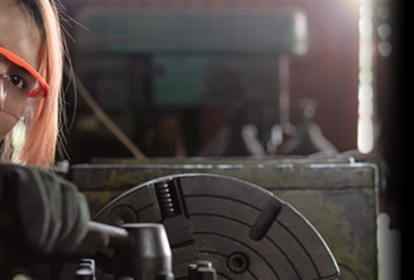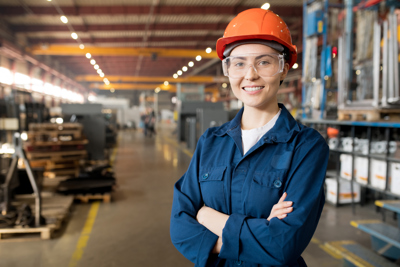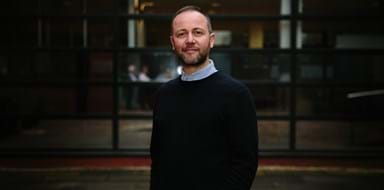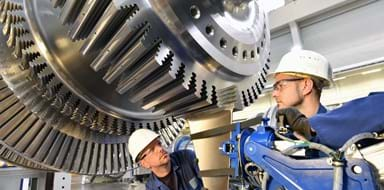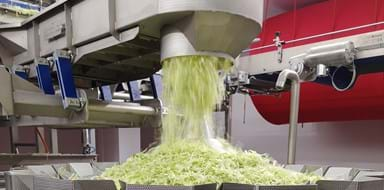Bloom-in-Box, an eco-friendly plastics manufacturer based in Burscough, is using robotics and process control technology to increase productivity by at least 25% and improve quality control, reliability and repeatability when moulding components, reducing the number of rejects and waste.
David Reardon, Director, said: “We believe that investing in the next generation of moulding machines will develop a more digitalised manufacturing environment aimed at improving efficiency, expanding production capacity, and generating more revenue. This will allow us to expand and invest in new ideas, create jobs and develop more environmentally friendly products.
“Made Smarter has accelerated our ambitions by years. Its support has really driven forward our plans to design and manufacture plastic products with more than just one life.”
Bloom wants to move towards carbon neutrality with a focus on its machinery and investing in renewables like solar panels.
“We have always invested in electric moulding machines because they use up to 80% less power compared with counterparts. Software managing drives and motors in the new machine will reduce energy use by up to 20%. This is a huge saving in both CO2 and the energy bill.”


